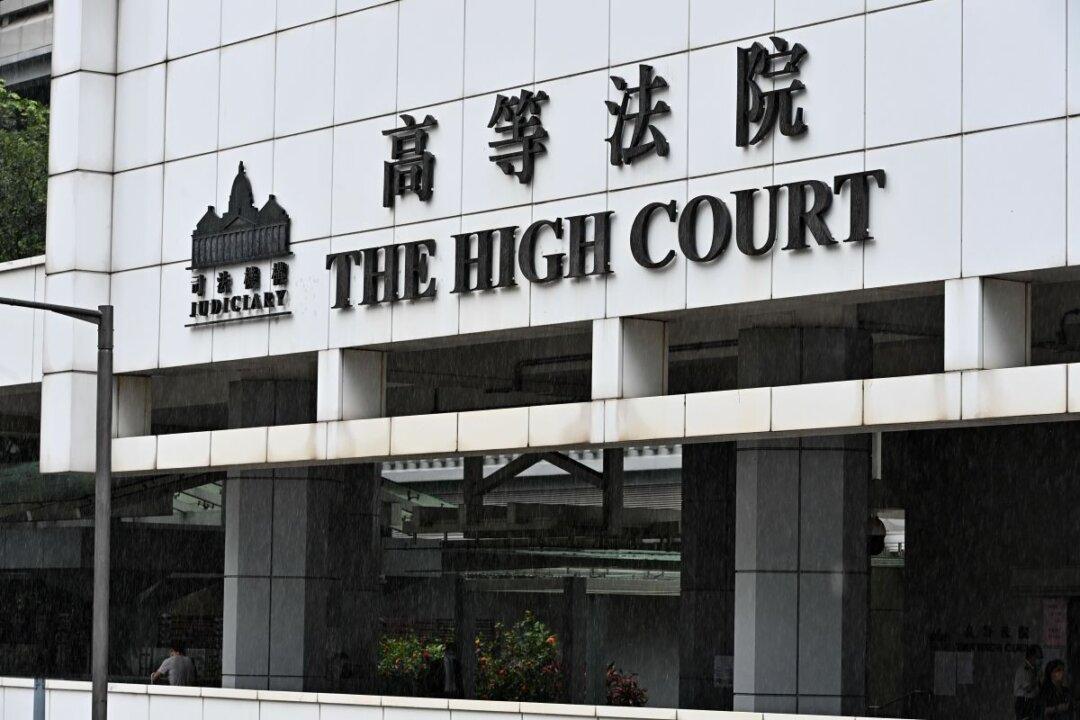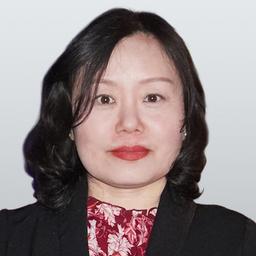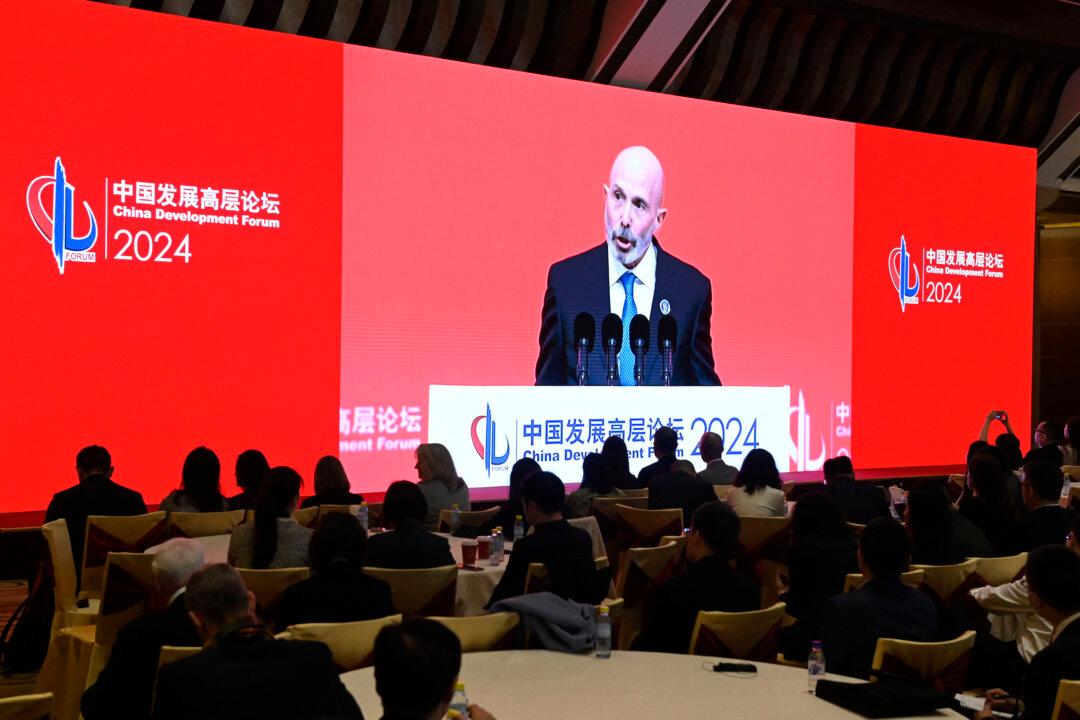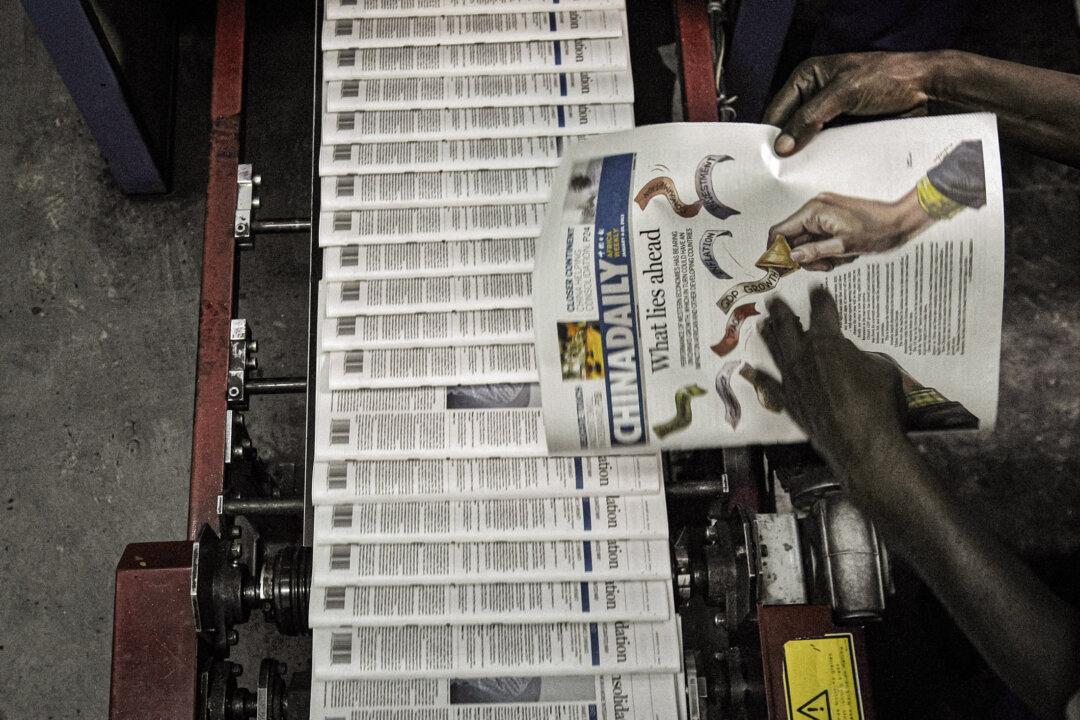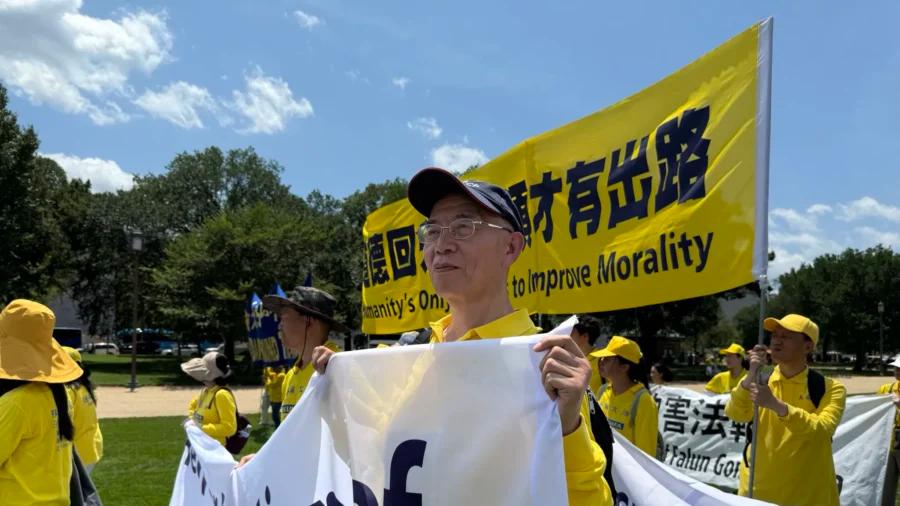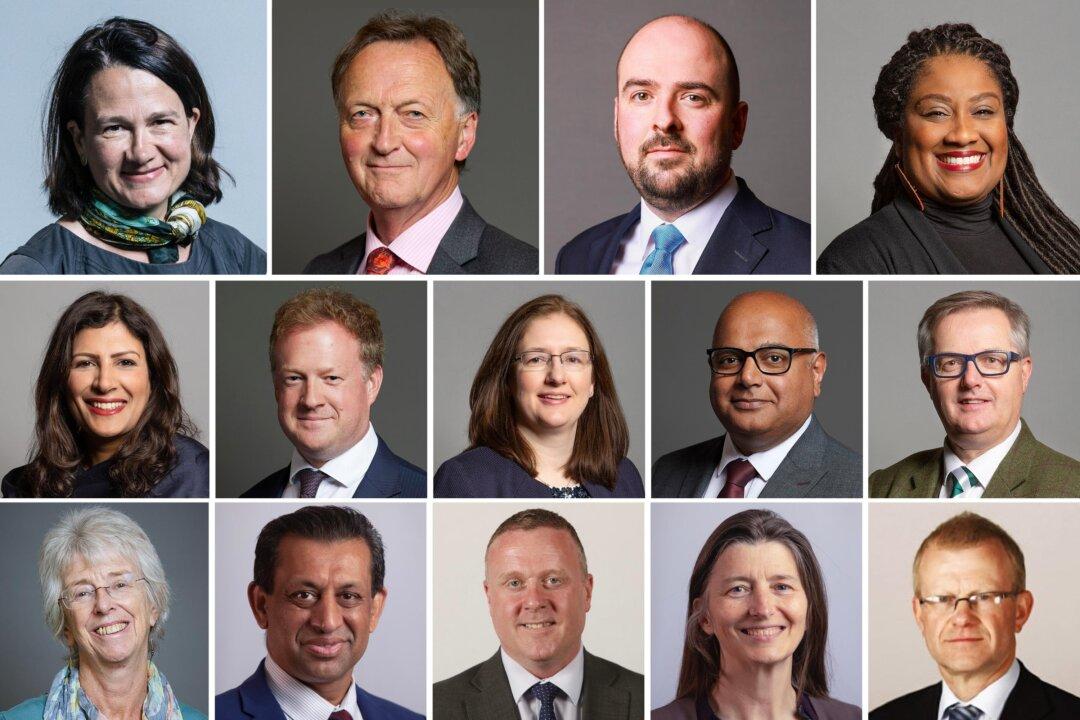Human rights advocates are urging all remaining foreign judges in Hong Kong to resign from the city’s highest court in a bid to reject the Chinese regime’s suppression of civil liberties.
Three foreign judges recently resigned from Hong Kong’s Court of Final Appeal (CFA).
